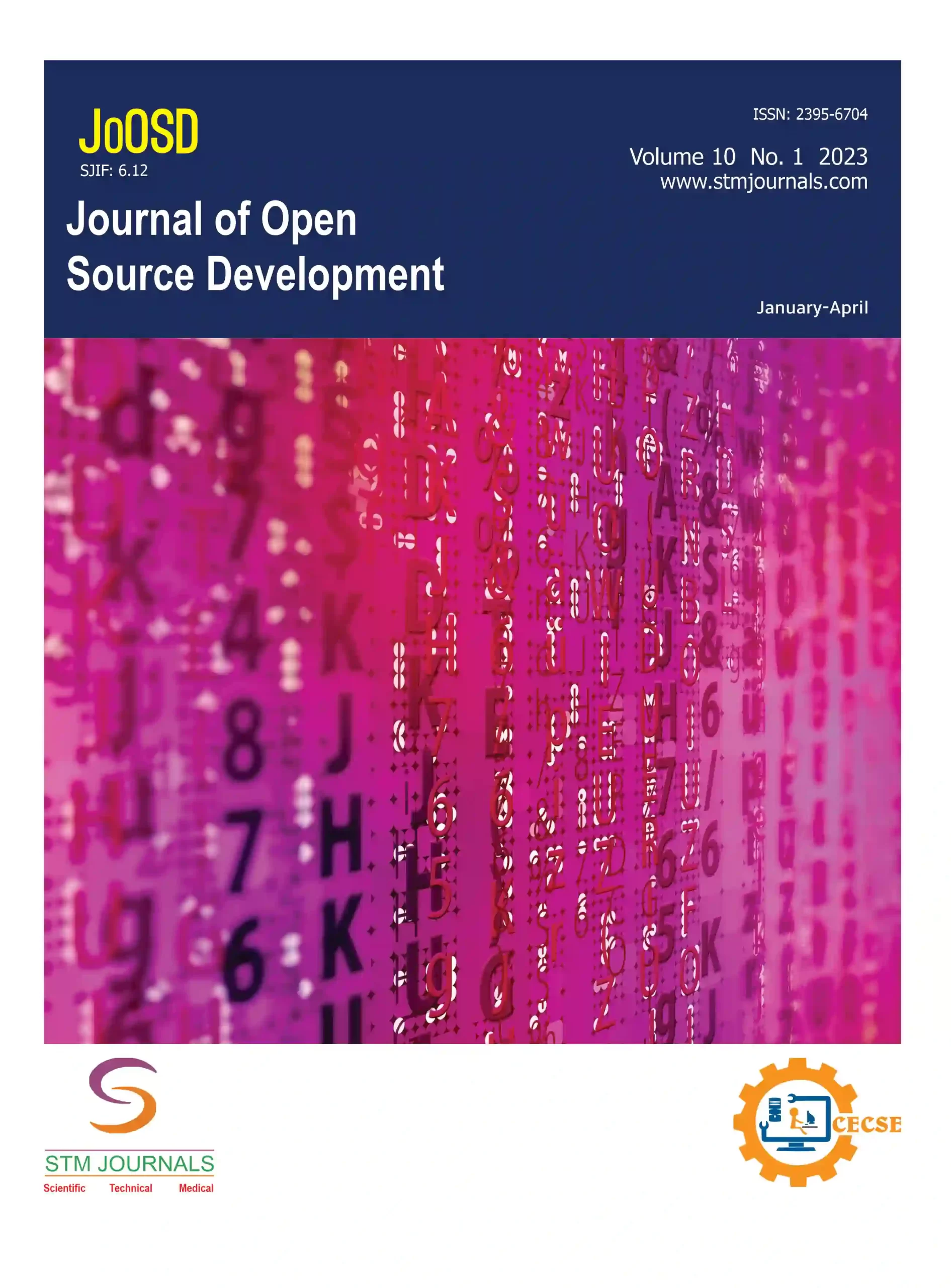Open Access

Prathamesh Chavan

Kaushal Gadaria

Dheeraj Deore

Manasee Deore

Supriya Joshi
- Student Department of Information Technology, A.C. Patil College of Engineering Maharashtra India
Abstract
Google play store consists of millions of applications and several thousand apps are added on the play store every day. The competition is so fierce that it is really difficult for the developers to find out whether the app that is the product of his hard work is going to be successful or not. The main goal of the study is to create a tool that helps developers and organizations to understand the current trends in the Play Store and the user bias for applications and utilize the data for making optimal decisions regarding their upcoming app. The success of an app can be determined by factors like ratings, number of installs and reviews. In this study we demonstrate using applied exploratory data analysis to discover correlaations among features of an app and direct contribution of features towards success of the app to predict which apps will succeed. Data from Google Play Store was used to train various supervised learning models for prediction of the rating of an app, the models being-Random Forest, Support Vector Machine and Linear Regression. The user reviews are used to learn input bias of users towards applications using natural language processing techniques.
Keywords: Google play, app ratings, sentiment analysis, linear regression, support vector machine
[This article belongs to Journal of Open Source Developments(joosd)]
References
1. Tuckerman CJ. Predicting mobile application success. 2014 Dec.
2. Singh K, Wajgi R. Data analysis and visualization of sales data. 2016 World Conference on Futuristic Trends in Research and Innovation for Social Welfare (Startup Conclave). 2016; 1–6.
3. Muneez Abdul Ahmed, Khushba Islam, Tuba Iqbal, Waqqas. Exploratory Data Analysis and Success Prediction of Google Play Store Apps. BRAC University; 2018.
4. Cramer JS. The Origins of Logistic Regression. Tinbergen Institute. 2002 Dec.
5. Bird Steven, Loper Edward, Klein Evan. Natural Language Processing with Python. OReilly Media Inc.; 2009.
6. Aralikatte R, Sridhara G, Gantayat N, Mani S. Fault in your stars: an analysis of android app reviews. In Proceedings of the ACM India Joint International Conference on Data Science and Management of Data. 2018; 57–66.
7. Maskey Sameer. MapReduce for Statistical NLP/Machine Learning. Columbia University; 2012 Oct 17.
8. Harman M, Jia Y, Zhang Y. App store mining and analysis: MSR for app stores. In 2012 9th IEEE Working Conference on Mining Software Repositories (MSR). 2012; 108–111.
9. Ruiz IJM, Nagappan M, Adams B, Berger T, Dienst S, Hassan E. Examining the rating system used in mobile-app stores. IEEE Software. 2016; 33(6): 86–92.

Journal of Open Source Developments
| Volume | 8 |
| Issue | 1 |
| Received | May 21, 2021 |
| Accepted | May 25, 2021 |
| Published | May 25, 2023 |

